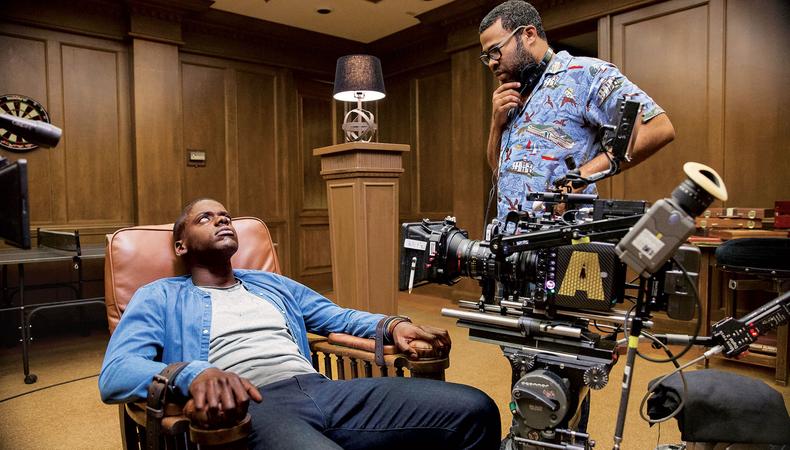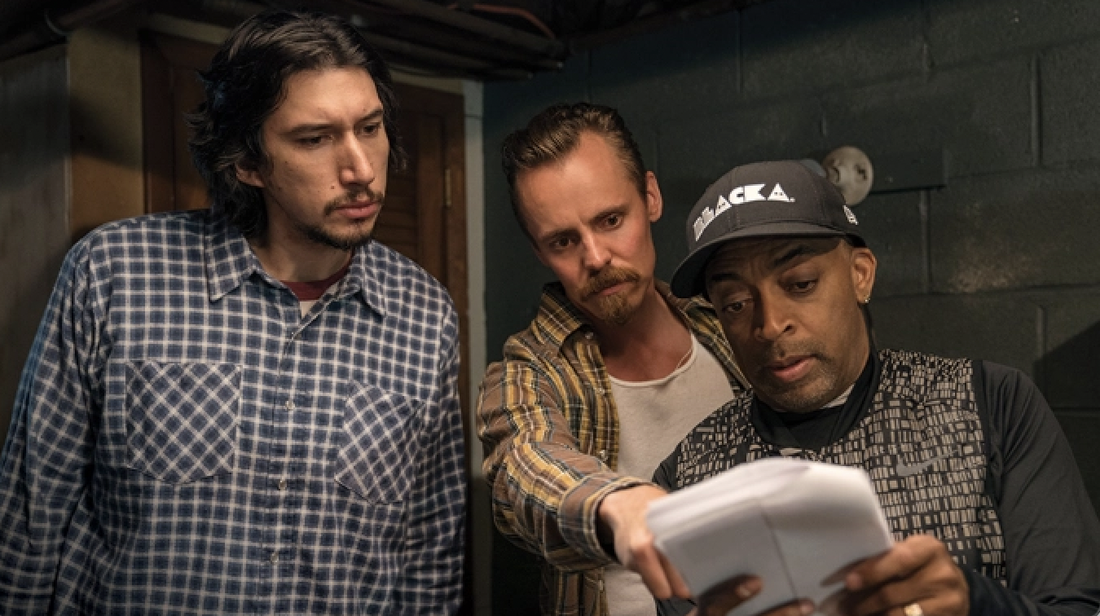|
Want to know what happens to your screenplay after it's purchased? It may be shocking. This article is all about a script's journey from script to screen and what this means for the screenwriter. THE SCREENPLAY IS NOT THE MOVIE Have you ever read the screenplay of one of your favorite movies? If you're a writer, this is a must. If you're simply a fan, don't do it. It may negatively change your viewpoint of your fave film. Either way, if you choose to read the screenplay, you will be let in on the biggest secret of Hollywood. The screenwriter is not God. A screenwriter writes a screenplay, it is purchased by a studio, and the screenwriter is never heard of again. Well, something like that. If you're more like the Spike Lee's of the world and you also direct or produce, the studio keeps you around during the creative process, but it isn't because of your screenwriter title. Making a movie is one of the most collaborative processes in the world. Decisions are made by so many different people wearing so many different name tags. As a movie-watcher, you'll never know who made the decision that made the perfect moment in your fave movie of all time. A SCREENPLAY'S JOURNEY A screenwriter develops an idea, creates characters, and draws out the plot to tell a beautiful story. Our screenwriter has connections so they meet with a studio. The studio likes the idea and buys it on the spot (our writer in this scenario is super lucky). Our screenwriter signs some paperwork and receives a check. Now, it's time for the real work to begin. What the studio failed to tell the screenwriter is that they like the idea but not the story. So, they hire more writers to rewrite the script after extensive notes from the studio executives. The rewrites are done. The rewriters are paid. Now, off to production. The studio and the producer must then hire a director. In feature films, the director is God. Ultimately, it is the director's vision of the screenplay that movie-goers see on screen. After the director reads the script, they take their perception of the screenwriter's goals and turn them into fruition. This means the director could have it ALL wrong. You're the writer. Only you know what your characters truly want, right? Well, unfortunately no one cares. You were paid. Your job is done. The director will play step-parent and will either turn your screenplay into gold or dust. The director will meet with the heads of each department of the production team and plot every aspect of the movie from their expert point of view. Hence, the collaborative efforts of these meetings. When watching your favorite film you don't know if a choice was made by the screenwriter, the director, the actor in the moment, or the assistant in Makeup who thought something might look really cool if... With that being said, at TPP we've read plenty of not so great screenplays that turned out to be an awesome film. We've read pure gorgeousness on a page and seen it turn to crap on screen. It can be frustrating if you're a writer who is totally attached to your work. However, if you understand from the beginning that you are simply the place where the idea forms, and that it takes a village to raise your child, you may be able to deal with giving it up and allowing other people to ruin it or make it Oscar-worthy. Want to learn more about the art of collaboration as a scriptwriter? Check out our blog post here. READY TO DIVE DEEPER? Have more industry-related questions that you are dying to have answered? Check out the Development Lab Application to join a proven system that helps you craft a pitch that sells in less than 6 months, pitch to our panel of industry pros, and book a general meeting! author
Leave a Reply. |
ABOUT
|
About |
COACHINGMEMBERSHIP |
RESOURCES#FreeGameBusiness services |
|
Gain access to:
|
Contact Us
Copyright © 2022 The Professional Pen




 RSS Feed
RSS Feed

